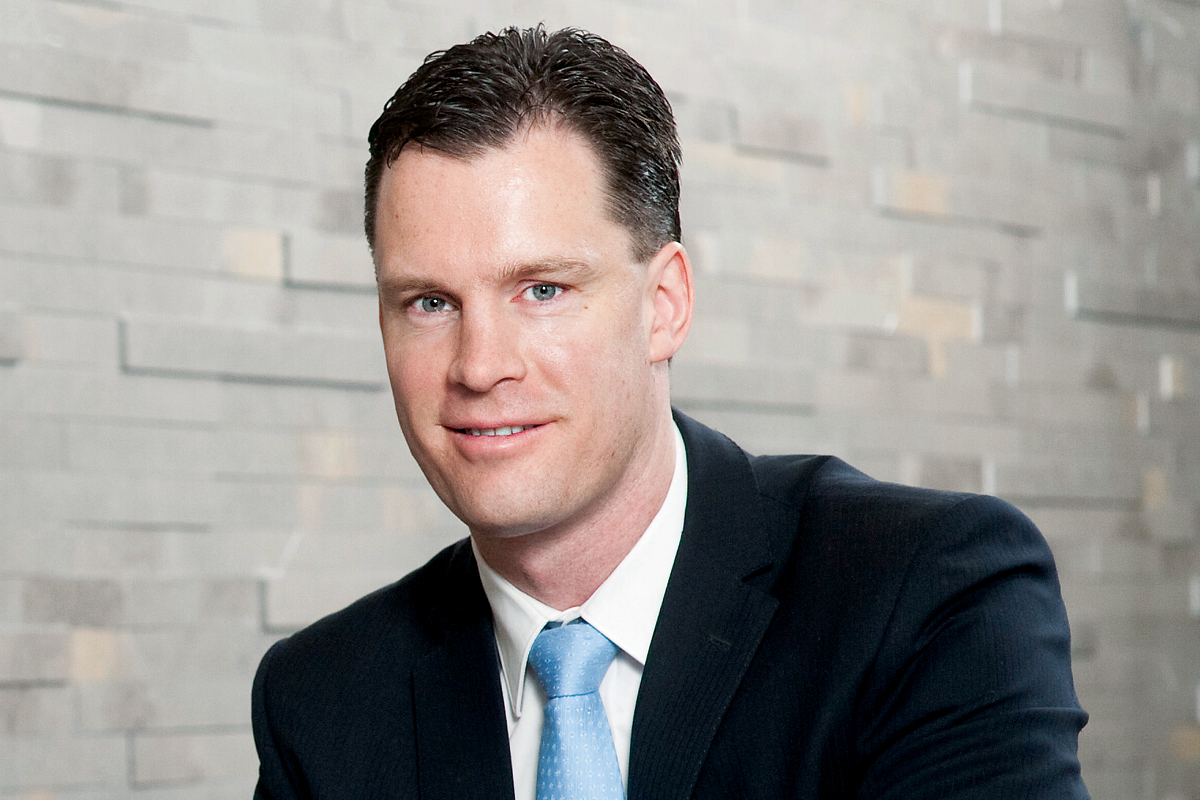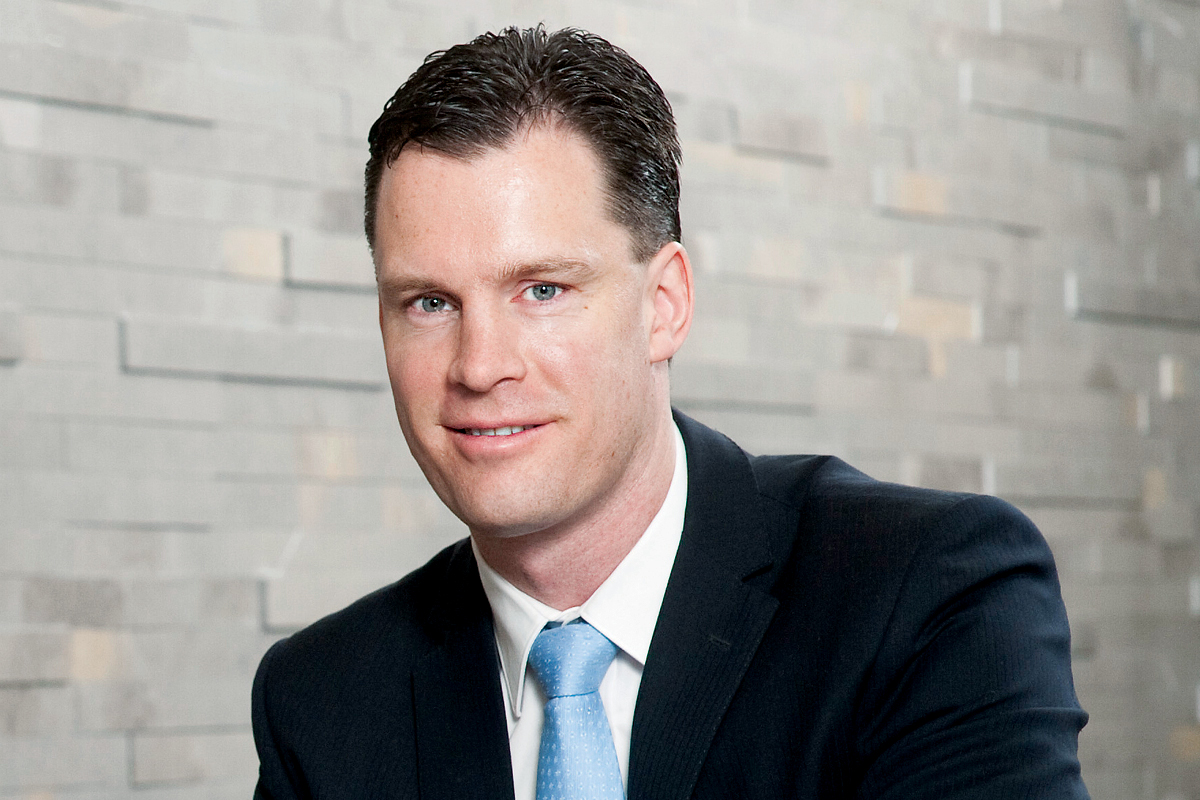Funds management company La Trobe Financial has a central philosophy when it comes to investing. It believes investments are not like Olympic diving – you don’t get points for degree of difficulty. In other words, keep it simple.
“Simplicity and transparency are the keystones,” says La Trobe Financial’s Chief Investment Officer Chris Andrews. “The history of investment is full of complex investment strategies that investors – even professionals – were unable to assess properly. Just think of the global financial crisis. If you can’t see what’s happening under the hood, run for the hills.”
As a premium non-bank, La Trobe Financial provides wealth management services for loans, insurance, superannuation and investments. The firm is headquartered in Melbourne and has bases in Sydney, Hong Kong and Shanghai.

“Typically, non-banks like La Trobe Financial are characterised by a genuine and deep clarity of mission,” Chris says. “We have thought long and hard about where we can deliver value to the market and are focused on excellence of execution in that space. We do not try to be all things to all people.”
Since its establishment in 1952, La Trobe Financial ensures it remains grounded during times of volatility. “Our investment style is built around delivering performance throughout the economic cycle,” Chris says.
“When you have been in the market for almost seven decades, you develop a certain realism about the inevitability of the cycle. We have retained a very disciplined investment program over a long period of time that favours fundamentals over fashion. Our President and CEO, Greg O’Neill, even holds a series of lectures for new staff on the lessons to be learned from the failures in the sector over the past 50 years.”
One of the company’s fastest-growing sectors has been the number of people choosing self-managed superannuation funds (SMSF). When superannuation was first introduced in Australia in 1992, it was designed to be handled by large fund managers.
But these days, more Australians are opting to handle it by themselves. SMSFs are private superannuation funds where individuals are responsible for the decisions made and for complying with relevant laws. This trend has spiked in the country as education levels and household wealth has increased.
“Investors have increasingly taken a more active role in managing their assets,” Chris says. “The rise of the SMSF sector is perhaps the most notable example of this trend. It’s simply a considered decision by that investor that they want to take control of their own portfolios and investment outcomes.”
“Investors have increasingly taken a more active role in managing their assets…The rise of the SMSF sector is perhaps the most notable example of this trend.”
Chris notes that the SMSF sector has grown from essentially nothing to becoming the largest single part of Australia’s superannuation system. He adds that SMSF members implement their own, tailored investment strategy with advice from financial advisers or accountants.
“We have more than A$2 trillion in assets under management in our superannuation system and over A$700 billion of that is invested through self-managed super funds. There are one million members of self-managed superannuation funds across Australia.”
As superannuation is an essential part of retirement, the need for stable investment management solutions is paramount. This is particularly significant because of Australia’s ageing population. “In 1970, the median age in Australia was 27,” Chris says.
“By 2000 it was 35 and by 2020 it is expected to be 38. The dependency ratio statistics are even more stark. In 1970, the aged population – those over 64 years – was just 13% of the working-age population. By 2016, it had almost doubled to 23% and it is continuing to increase. All of this means that there will be an increasing demand for capital-stable, income-based investments that minimise volatility and provide consistent income for our retirees.”
When choosing a non-bank to look after investments, Chris suggests three major factors that investors should take into consideration. “The first is manager expertise,” he says.
“Do they have the skills and experience to deliver consistent outperformance over time? Has your manager experienced downturns and recessions, as well as the good times? Does your manager have an independently reviewed and rated track record of outperformance? Anyone can make claims but truly superior performance is rare.”
The second factor is the investment strategy. “It’s a truism that the assets drive the investors’ returns,” Chris says. “Do you understand, specifically, the types of assets that your manager is targeting and their long-term track record in that space? Quality investment decision-making means ensuring that you are being properly rewarded for the risks that you are taking.”
And finally, Chris mentions the simplicity and transparency of the investment structure. “The ‘keep it simple’ principle can be your best friend.”



